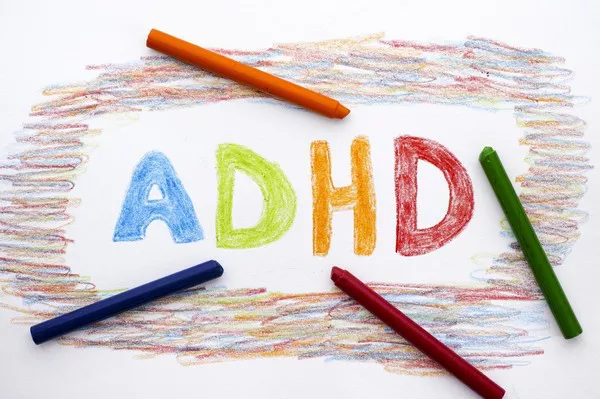A recent study published in Nutrients explores the connection between iron deficiency (ID) and sleep-related disorders in children with attention deficit hyperactivity disorder (ADHD) and autism spectrum disorder (ASD). Iron is crucial for the synthesis of neurotransmitters that regulate sleep, and its deficiency may significantly impact sleep patterns, yet it is often overlooked in clinical settings.
The study analyzed data collected from 2021 to 2023 involving 250 patients referred to a Sleep/Wake-Behavior clinic in Vancouver, British Columbia. Of these, 80% met the inclusion criteria, with 188 participants diagnosed with either non-anemic or anemic ID. Many participants reported a family history of ID, particularly among mothers who experienced it during adolescence or pregnancy.
Among the findings, approximately half of the cohort exhibited disruptive behaviors, primarily ADHD, with anxiety disorders also prevalent. About 74% of patients reported symptoms of restless leg syndrome (RLS), with a notable increase in risk linked to a family history of ID. Specifically, ADHD patients were almost twice as likely to experience RLS compared to those without ADHD.
The study concluded that a family history of ID significantly correlated with an increased risk of RLS, periodic limb movements in sleep (PLMS), and insomnia in those with ASD. However, no significant association was found between RLS and ADHD or ASD in multivariate analyses.
While the study highlights the importance of screening for iron deficiency in children with restless behaviors, it also notes limitations, such as the lack of detailed categorization regarding the types of ID and the need for further research to understand the underlying mechanisms of ID. Future studies should focus on exploring potential causes and broader implications of iron deficiency in this population.

